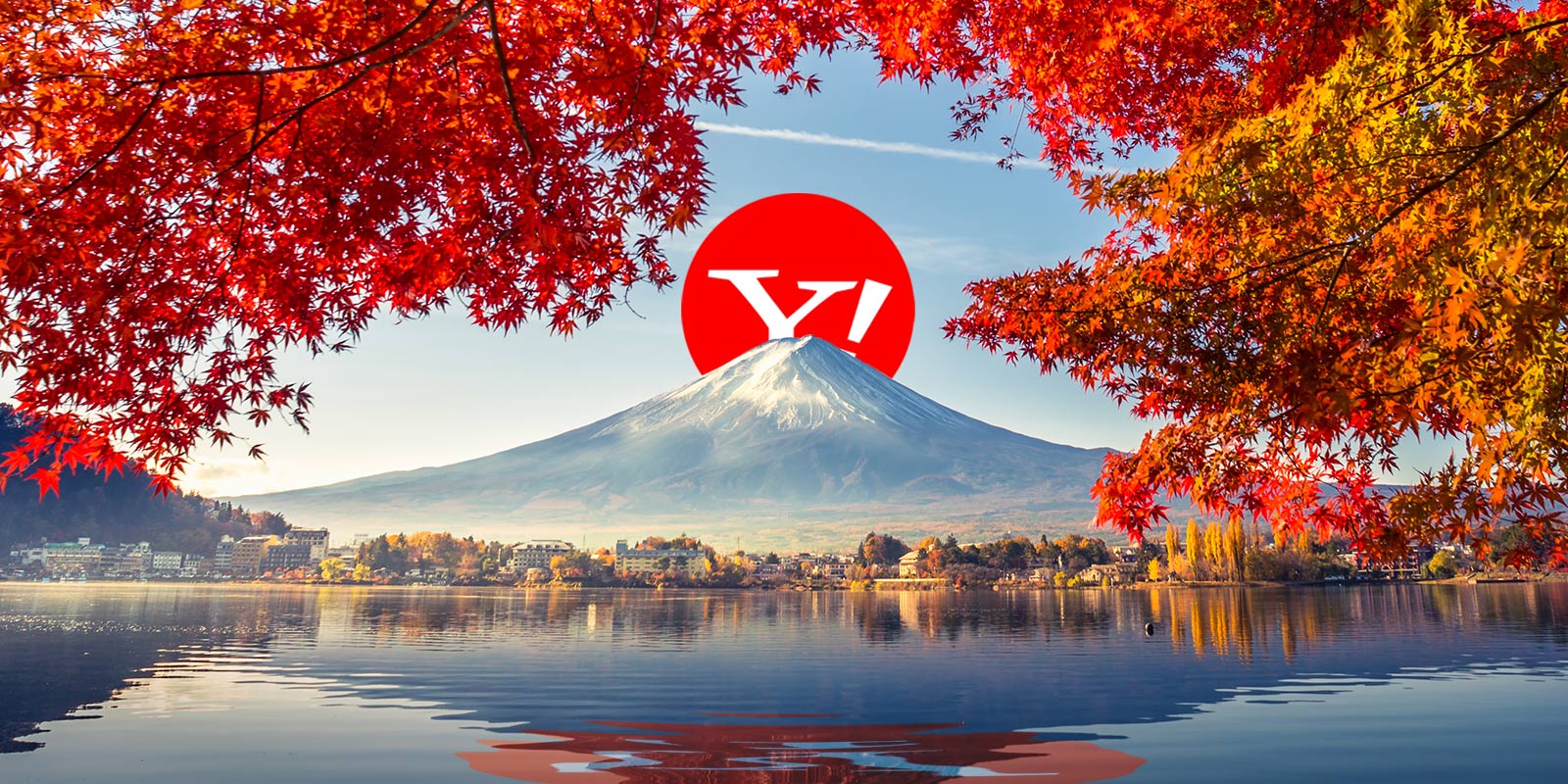It’s basically impossible for a Japanese person to go an entire day without interacting with a SoftBank property. The multinational conglomerate deals in everything from telecommunications to baseball and is an inescapable fact of life in Japan. But as the old saying goes: the bigger they are, the easier it is for them to lose over $13 billion in a single year.
No worries, though. When SoftBank’s founder and chief executive Masayoshi Son disclosed those very losses back in May, he calmed his investors down by comparing himself to Jesus who, according to Son, was also misunderstood and criticized. But it might be easy to develop a god complex when you have singlehandedly turned Yahoo from a joke into one of the most successful brands in Japan.
Masayoshi Son is scrambling to clean up his WeWork mess. Instead of just selling some Alibaba shares, he’s using derivatives linked to them to raise $11.5 bln. The transactions are fiddly, but it may be a good use of creative finance, argues @AlecMac11: https://t.co/Sq3gS1Uo6k. pic.twitter.com/gPe2sGvVFX
— Reuters Breakingviews (@Breakingviews) June 2, 2020
The Success of Yahoo Japan
A lot of people like making fun of Yahoo while others are surprised the company even exists when there is a thing called Google. Not in Japan, though. According to a Nielsen report from 2022,* Yahoo Japan surpasses Google in monthly desktop visits. How can that be? Is Japan somehow frozen in time. Is now the time to flood the Japanese market with yo-yos and slap bracelets? Like all things in Japan, it’s more complicated than that.
The Yahoo Japan search engine actually uses the same algorithm as Google, and is way behind its competitor. But Yahoo Japan is more than just its search engine. It is also a news aggregator, a weather website, an auction site, etc. Put together, all those services, which fall under the umbrella term Yahoo Japan, are much bigger than anything Google or anyone else offers in the country. And all this success is mainly the work of Masayoshi Son.
In the Beginning…
Yahoo Japan was a joint venture set up by Yahoo and SoftBank back in 1996, but from the start, it had little to do with its parent company besides the name. It was Son’s SoftBank that was the real owner, with a 60% stake in Yahoo Japan. That share has since shrunk but even now SoftBank remains their majority shareholder, and they’ve treated Yahoo as an extension of SoftBank, meaning they had them get into everything. They hired thousands of employees and had Yahoo split into different business units, each one operating with one goal in mind: super localization.
Business-wise, Japan really likes to do things their own special way. It’s not necessarily a better way but it is definitely unique when compared to how things are done in other parts of the world. Phones are a good example, as it took Japan a long time to get aboard the smartphone train. When most of the world was all about the first iPhone, a lot of Japanese people were still loyal to their flip phones, decked out with options and functions that never really caught on in the West.
There’s even a name for the phenomenon of Japanese technology developing differently than in the rest of the world: Galápagos syndrome. Masayoshi Son was well aware of it, so he tailored Yahoo to Japan’s very specific needs.
Yahoo Japan to offer social media firms AI tech that detects abusive posts https://t.co/bxrILU2cCI
— The Mainichi (Japan Daily News) (@themainichi) June 2, 2020
Fingers in Every Pie
The strategy paid off. Today, when Japanese people want to check the weather forecast, they go to Yahoo Weather. When they have a question about, well, anything really, they go to Yahoo Answers (most here have not even heard about Quora.) Similarly, Yahoo Auctions is thriving in Japan while eBay is really more of an afterthought in the Japanese market. And while PayPal is trying to make headway in the country, Japan is currently all about PayPay, the cashless payment system that’s operated by, you’ve guessed it, Yahoo Japan.
Not all of Yahoo Japan’s ventures paid off. Not many people probably even remember Yahoo Days, the social networking site meant to be the Japanese version of the American Yahoo! 360°, which was such a flop that it never even officially closed. The company just quietly stopped working on it after three years. Yahoo Days, on the other hand, held on for five.
Companies hoping to expand to Japan should not trouble themselves trying to do SEO for the Yahoo search engine but it’s not a bad idea to analyze how exactly Yahoo Japan dominated the market because God knows they are obviously doing something right.









